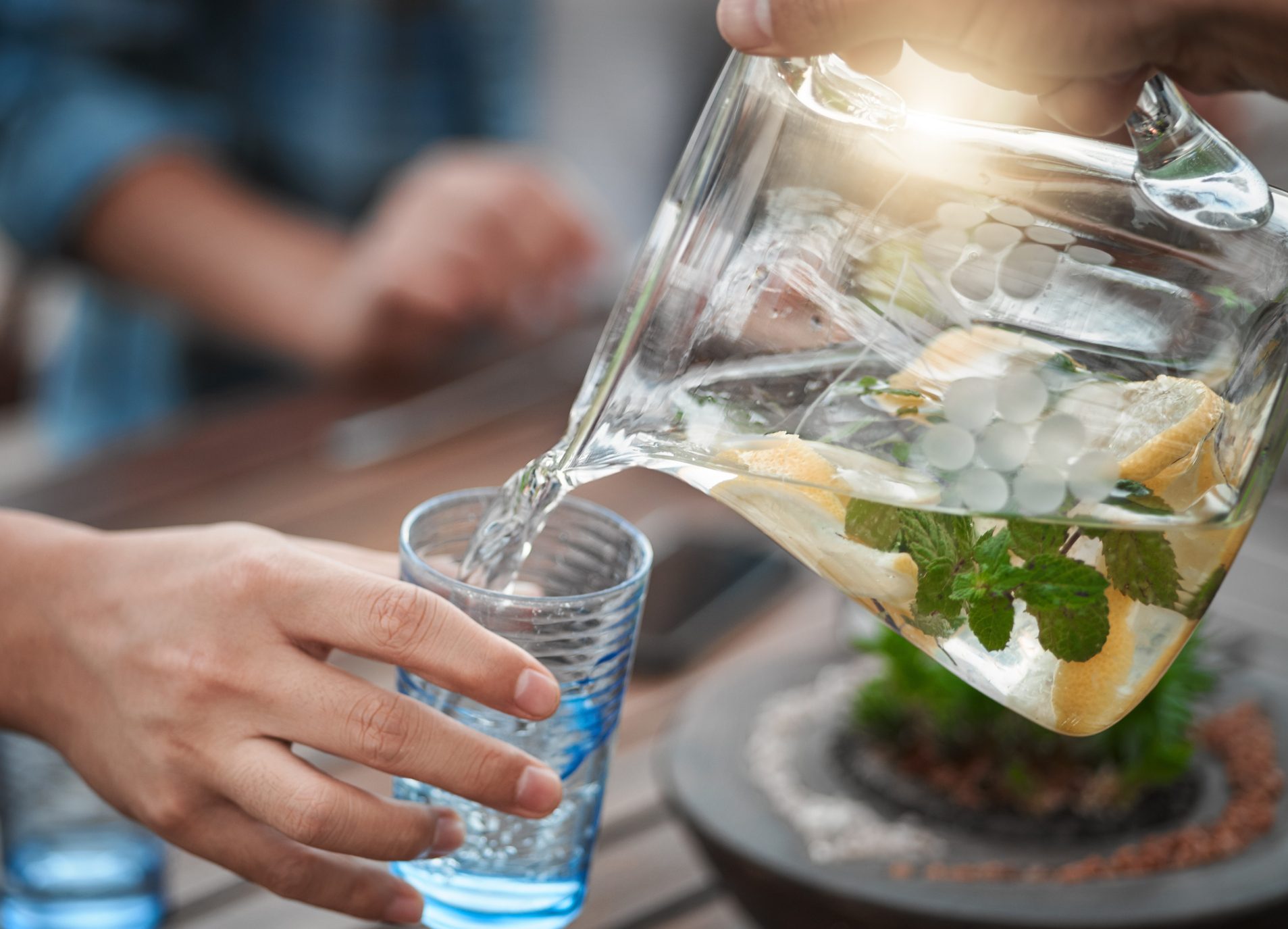If you’re feeling a bit bogged down after the holidays, you may want to participate in Dry January and give up alcohol for a month. It may be challenging, but new research shows that abstaining helps control drinking, gives people more energy, improves skin, and helps with weight loss.
Dr. Richard de Visser from the University of Sussex led the research, which involved more than 800 people who participated in Dry January last year. By August, participants drank fewer days each week and fewer amounts of alcohol on average. They also got drunk less often.
“The simple act of taking a month off alcohol helps people drink less in the long term: by August people are reporting one extra dry day per week,” de Visser noted.
He added that people experienced other benefits from abstaining from alcohol for one month—nine in 10 people saved money, seven in 10 slept better, and three in five lost weight.
“Interestingly, these changes in alcohol consumption have also been seen in the participants who didn’t manage to stay alcohol-free for the whole month – although they are a bit smaller,” de Visser said. “This shows that there are real benefits to just trying to complete Dry January.”
The study also found that 93 percent of participants felt a sense of achievement after participating in Dry January. Eighty percent felt more in control of their drinking, 71 percent realized they didn’t need a drink to enjoy themselves, 70 percent had overall improved health, 67 percent had more energy, 57 percent had more concentration, and 54 percent had better skin.
“The brilliant thing about Dry January is that it’s not really about January,” Dr. Richard Piper, CEO of Alcohol Change UK, said. “Being alcohol-free for 31 days shows us that we don’t need alcohol to have fun, to relax, to socialize. That means that for the rest of the year we are better able to make decisions about our drinking, and to avoid slipping into drinking more than we really want to.”
Need a little push to participate in Dry January? Here’s a list of some complications caused by alcohol consumption: anemia, cancer, cardiovascular disease, cirrhosis, dementia, depression, seizures, gout, high blood pressure, infectious disease, nerve damage, and pancreatitis.
A 2017 report from the World Health Organization found that Canadians drink more alcohol per capita than the worldwide average. Citizens 15 and older drank 10 litres of pure alcohol per capita in 2016—3.6 more than the world average.


